In 2012, when I was in the process of writing my first book, I stated that I had never been molested or sexually abused as a child. That wasn’t true, but it also wasn’t a lie. Because, at the time, I considered what had happened to me – as just one of many experiences (good and bad) that comprised the life of a somewhat typical “gay” man. You see, according to an important study: 46% of homosexual men in contrast to 7% of the heterosexual men reported homosexual molestation. Not everyone I knew that identified as gay remembered being molested by another male – but not a small number did recall being propositioned, sexually harassed, or molested – by a Catholic priest when they were a boy or a teenager. Some of them described their abuse with a nonchalance that I found rather disturbing. As for me, I never considered what happened to me as something positive; but I did believe that somehow, I had brought it upon myself. That night, I hung around him; he took an interest in me, and I wanted to be near him. Until then, few men ever paid much attention to me. I thought I had little in common with my brother or my always busy and overworked father; the other boys at school found me odd and either ignored or mercilessly teased me. I longed for a man, any man, to recognize me.
After it was over, I was filled with an oppressive sense of confusion. I kept asking myself: Why did I allow this to happen? Why did I put myself in that situation? Why didn’t I stop him? I wanted a friend, but I didn’t want to have sex. Now that it was done – I felt permanently marked. He was right: God did make me gay. I thought to myself: I can no longer deny my divine destiny. Before that, I somewhat continually questioned my sexuality, afterwards – I didn’t do this any longer – because I believed him.
What happened to me – seemed to confirm what I had been hearing for years. Boys at school taunted me and said that I was gay. In the beginning, I wasn’t sure what they meant. Later, my daydreams shifted to a handsome stranger rescuing me from my loneliness. I didn’t know any men – so I sought one out – a priest told me that I should not be troubled by my thoughts, because they were given to me by God. However, whatever I do, I should act responsibly; I knew what he meant – I should practice “safe sex.”
When I graduated from high-school, I quickly decided that I needed be around those who were like me. But I decided: I only want a friend. In the age of AIDS, gay male sex was terrifying. Yet I was willing to risk it. I’d been alone for so long – I never experienced any sort of male companionship. Even the relatively few fellow rejects in my small circle of boyhood friends – thought I was strange. In San Francisco, I believed I had found a place where I finally belonged.
When I got there, I was pleasantly surprised. No one really looked sick. I assumed: I’ll be okay. Before I ever walked into a gay bar for the first time – on the ride over to the Castro from Berkeley – I devised a foolproof plan. I wasn’t going to have sex with anyone. I just wanted a friend. But the combined aroma of male sweat, weed, and cologne caused my brain to spin and all the foolproof strategies I concocted quickly evaporated. The first guy who asked me, I followed him home. Despite my history of past abuse, I was surprisingly naive and overly trusting. It hadn’t made me tough, instead I became ever more vulnerable.
A decade later, I sat alone in a church pew. Unbeknownst to me, a previously inserted suppository was creating a large greasy stain on the back of my pants. A priest sat across from me – I was a lonely teenager again – and, according to him, I was still gay. At the parish LGBT ministry, he thought I would meet someone. I walked away quiet and defeated, but angry. I thought, they had done this to me.
Despite the continued insistence of several priests (who stated that God made me gay) I came-back to the Catholic Church. Almost every day I wondered: Why? Perhaps, I am still somehow perversely attracted to further abuse. Unconsciously, I still sought out approval and encouragement from other men. For some inexplicable reason, I thought I could find comfort from a Catholic priest. I trusted him; he betrayed me.
During the following years, I intentionally isolated myself. I admitted very few friends into my inner-circle; they were mostly ex-gay guys who were also suspicious of other men. Like all of us, I was increasingly drawn to Catholic orthodoxy: the old-fashioned confessional which set an impregnable wall between me and the priest; the altar rail; and the priest who was turned away from the faithful. With the absence of a smiling celebrity priest in a rainbow-colored chasuble, I drew closer to Christ. Removing himself from the center stage that was the theater-in-the-round sanctuary at my home parish, the priest truly became “persona Christi.” Still, I kept my distance from them. Slowly, because they proved their fidelity, I began to trust a select number of priests. I saw them as a father, in some degree – a friend, and simply as just another man. But I didn’t need them to rescue me – Christ had done that from the Cross. The Sacraments were a necessity, but I did not receive them through the inclusiveness, tolerance, or perceived wokeness of the priest – I received them from God.
Sometimes, we find the truth in a strange place.
A few years ago, I began to listen to podcasts and interviews from an eclectic group of men: Jordan Peterson, Joe Rogan, Ben Shapiro. What they said, and sometimes how they said it, contrasted sharply with the shallow homilies I heard from Catholic priests throughout my childhood. I would daydream when they recounted their latest golf-game, tell a stupid joke, or read a selection from “Jonathan Livingston Seagull.” Jordan Peterson once said: “If you tell enough lies, often enough, the truth will become entirely hidden from you…and then you are in hell.” And, I was in hell. That statement encapsulated my experiences ever since someone told me I was gay.
Former “Star Trek” actor George Takei once described (with the disturbing sort of casualness) a sexual encounter he had with a man when he was a boy. It’s an exercise on avoidance. But I couldn’t play that game any more. I had been molested, and after the revelations from the “Boston Scandal” – I certainly knew that the predation of young men by Catholic priests had been an ongoing problem in the Church. But I too remembered how I sometimes recalled the past. For the most part, I pretended it never happened, or in a vain attempt to avoid reality, I acted as if it were simply the annoying memory of a bad-date, a pick-up gone wrong, or merely an uncomfortable first-time. Soon after arriving in San Francisco, I quickly understood that was also the case with most of my friends. It was easier to imagine that it wasn’t so bad; that we actually enjoyed it; or that our sexual abuse wasn’t abuse at all, but an act of affection. When I engaged in receptive anal sex for the first time – I thought the same thing.
In the Catholic Church, a new generation of victims are being groomed; and like my younger self, many will be lulled into compliance. In the future, I believe that the selection of victims will be more methodical; and those chosen for abuse will be older. Furthermore, without the help to recover, some of these young men (and vulnerable adult men) will think they were never really abused. If they’ve been repeatedly told that they were born gay, or that God made them gay, it will be even more difficult to self-recognize their own victimization.
Within the Catholic Church, certain prelates, priests, and lay speakers are openly advancing the theories that children are born gay or made that way by God. This is not a new theory, first prominently advanced by the late Jesuit John J. McNeill, but due to social media – the ability to disseminate such propaganda is far easier and far more effective. For instance, Jesuit James Martin has consistently claimed that: “One is born with that orientation.” But he went even further by also repeatedly stating that: “It’s the way that God made some people.” The latter statement received over 35,000 “likes” on Twitter. A prominent parish in Washington D.C. labels some as “queer.” In my opinion, I don’t care how fervently some in the LGBT community has tried to “reclaim” that old slur – for a number of us, that word still brings back the trauma of being called queer and “fag” at school. Someone in the Catholic Church should have known better. At the Los Angeles Religious Education Congress in the Archdiocese of Los Angeles, the largest gathering of Catholics in the US, in the largest Archdiocese in the US, several LGBT activist priests and lay speakers recommend to Catholic parochial school teachers, CCD instructors, and DREs that children (some as young as second and third grade) should be supported and confirmed in an LGBT identity; the use of the “genderbread person” was also endorsed. This sort of manipulation is more subtle than what happened to me, but the M.O. is the essentially the same: identify a vulnerable child (for example, a young man who exhibits effeminate traits and is alienated from male peers), gain that child’s trust, then support them in identifying as LGBT. The same thing happened to me – and then I was molested. According to the “John Jay Report” – of the abused, 81% were male…and those victims who were between the ages of 15 and 17 years when first abused – 85% were male. Over the years, many brave souls courageously came forward and reported what had happened to them; many did not. Those who remained silent – were they like me, and my friends, did they think that nothing happened to them – because someone told them they were gay.
Addendum: The talented gay men who I once knew (most of them were dead from AIDS by the mid-1990s) were tragic and extraordinary – they were incredibly talented actors, dancers, and artists. For a while, they shined bright – but they ultimately self-destructed. The mediocre leftovers in the gay male community drifted towards Catholicism and the priesthood – they weren’t sad, they were conceited; they weren’t brilliant, they were unexceptional and filled with pride. Their continued persistence is our punishment. At those moments, when I hear them, I want to leave the Catholic Church. But I stay – and suffer. Then, sometimes I say to myself: “…you are in hell.”
(Updated: As of the year 2020, I am no longer a member of the Roman Catholic Church.]
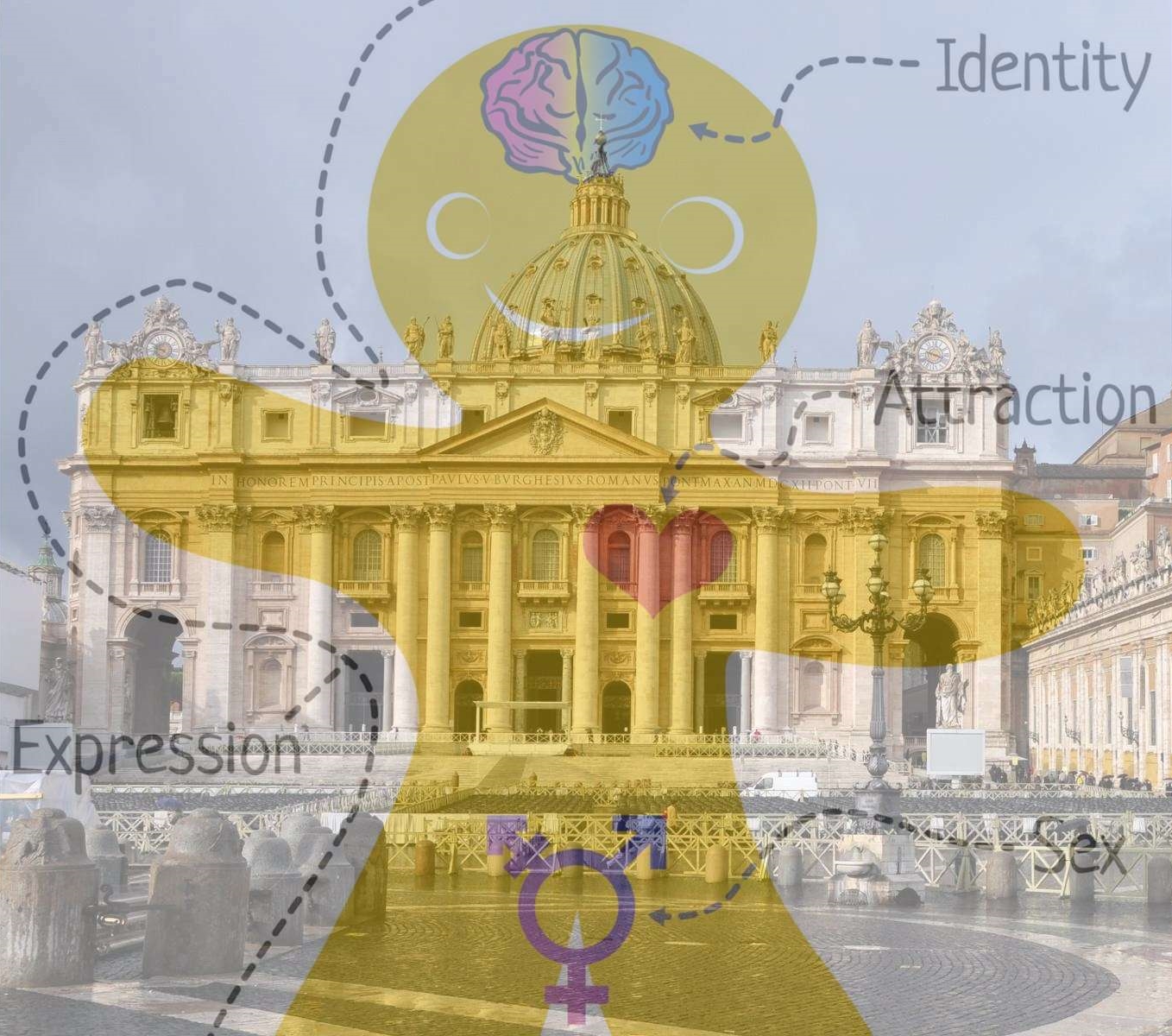
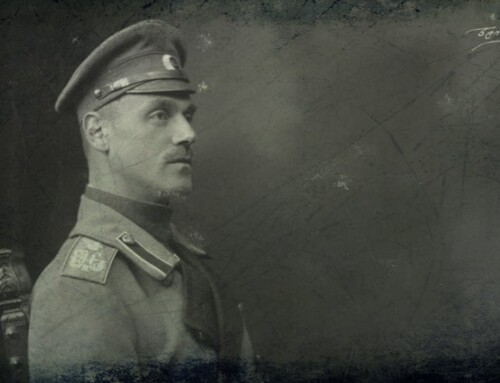
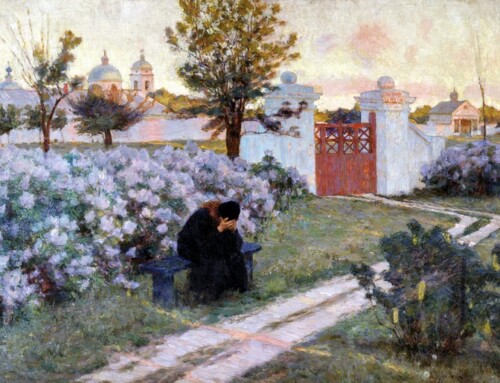
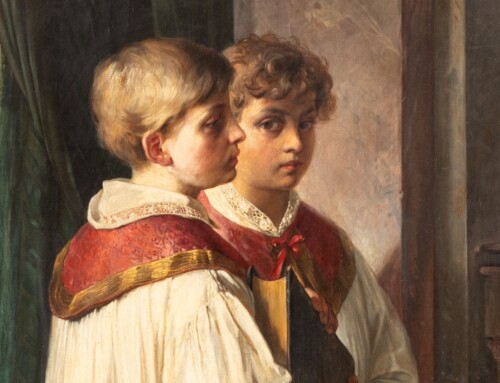
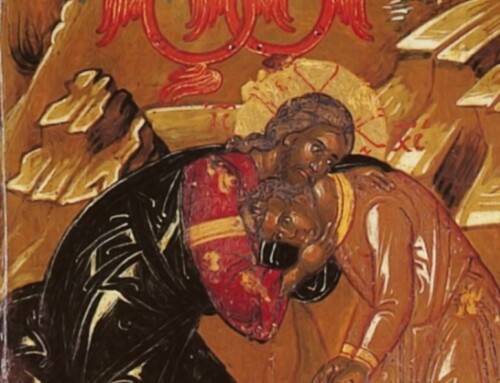
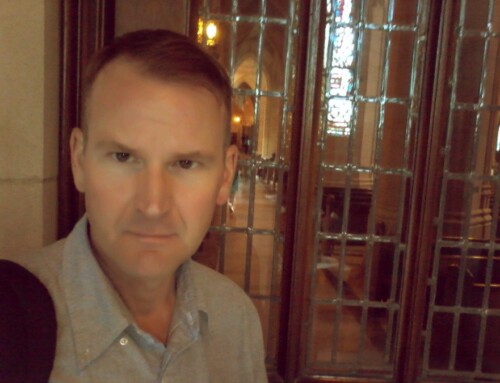
I so wish you would change your title to “Why So Many in The Catholic Church Are Deliberately Creating a New Generation of Victims”.. When you paint the Broad Picture you include me, a Catholic, and many many more like me, who do not represent the perverse gay “church” within the church.
Joseph,
I am a long abandoned, imperfect but faithful to his vows, husband and father who discovered your walk, not too long ago. Your choices to remain Catholic and to follow traditional Catholic teachings, help me to continue on my lonely walk. Know that some of us see your walk as not essentially different than our walk and inspiring to us. Some of us refer to ourselves as Standers, meaning we are standing up and working to be faithful to our wedding vows, even as we watch the hierarchy, seemingly endlessly, incentivizing and encouraging adultery, unilateral marital abandonment, divorce and adultery, with its nearly certain to obtain, annulments. My heroes are not the ones, like me, who successfully defended our marriage before marriage tribunals. My heroes are those men and women who lost their annulment cases, yet remain faithful to the vows they spoke, because they were there and they know their marriages are valid before God, in spite of the fake annulments that are granted, everyday. I consider you and those like you who walk the walk, even in the face of temptation like these Standers I just mentioned, among my heroes. God Bless You and Godspeed on your journey. Please, never give up and never give in. You are not alone. Not by a long shot!
Very sad. It’s hard to be encouraging after reading your account. I know that God will bless all who call upon him and provide the grace to follow Him faithfully. But it may be a “one day at a time” walk of faith, which is probably exactly what it should be. The peace and joy of Christ will be yours but it’s impossible to know when that day will come. Thanks for sharing your very painful story. The faithful need to know what you and others have experienced so as to know how to support you and anyone else in similar circumstances.
There are so many, though. And then the question becomes, if you are the majority, why are you powerless to cleanse the church? What is lacking?
The lack of support for you within the institutional church is scandalous. This is a dark period, though there have been dark periods throughout our history. Thank you for so courageously and faithfully speaking the truth.